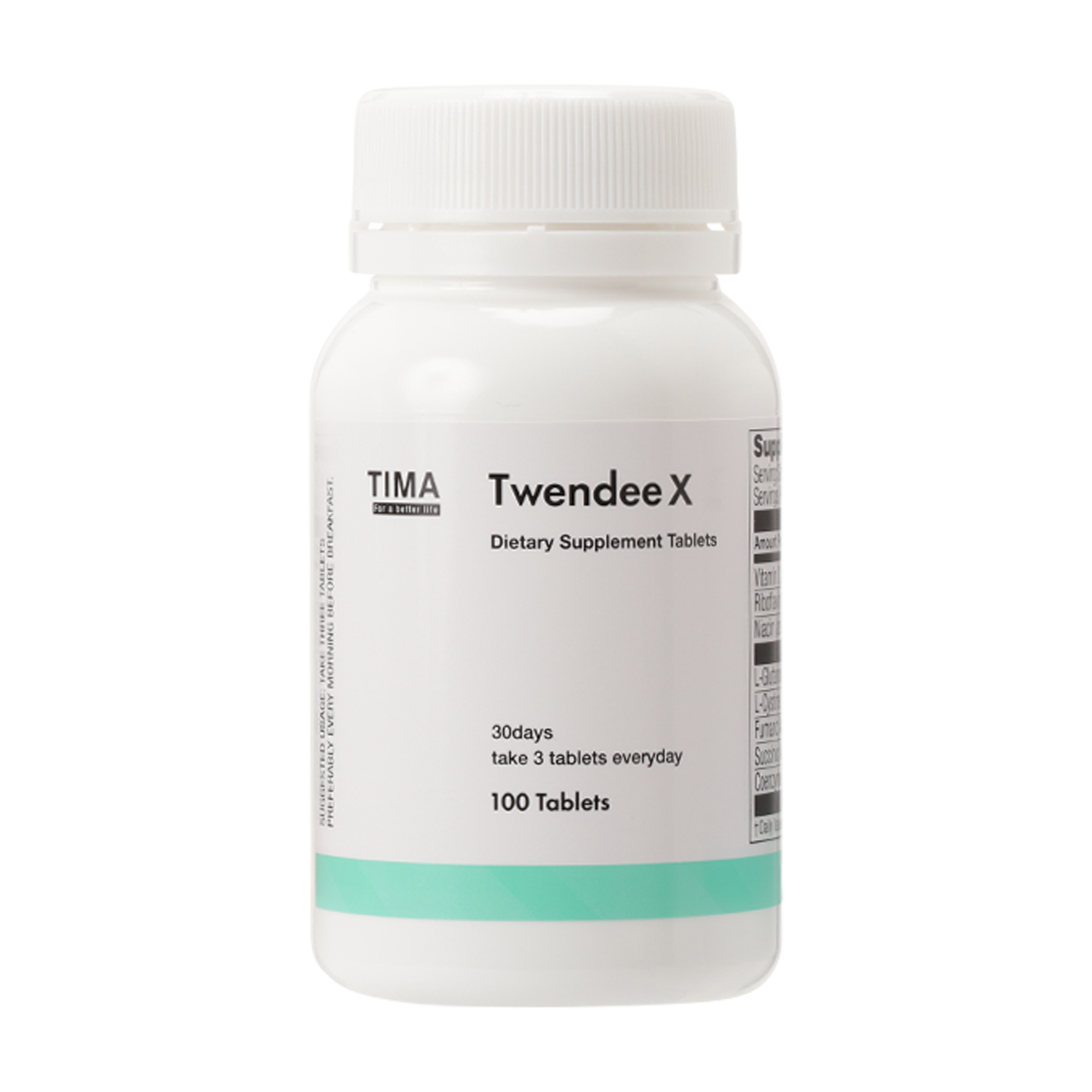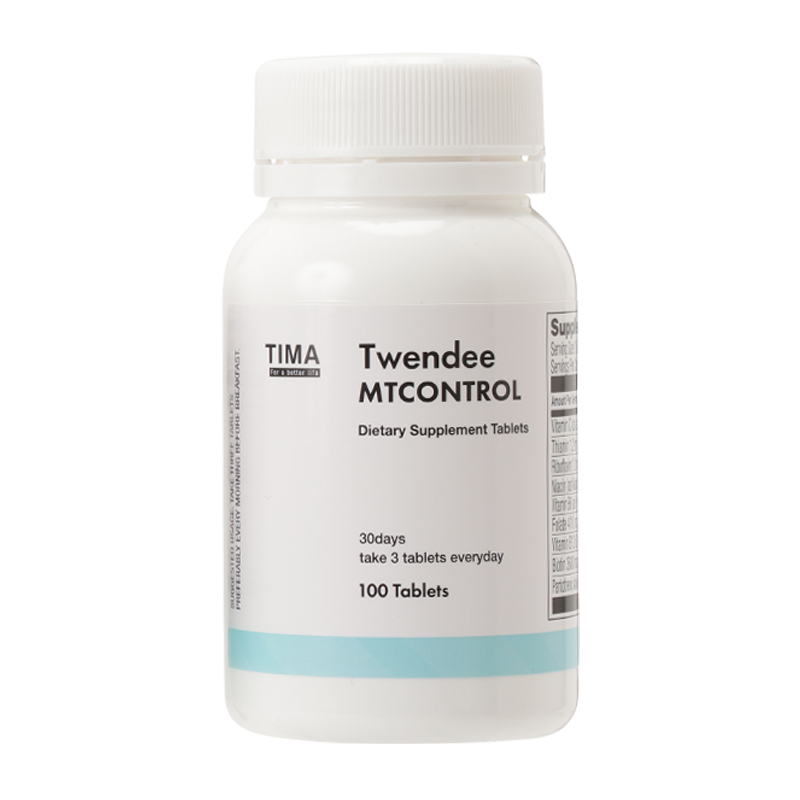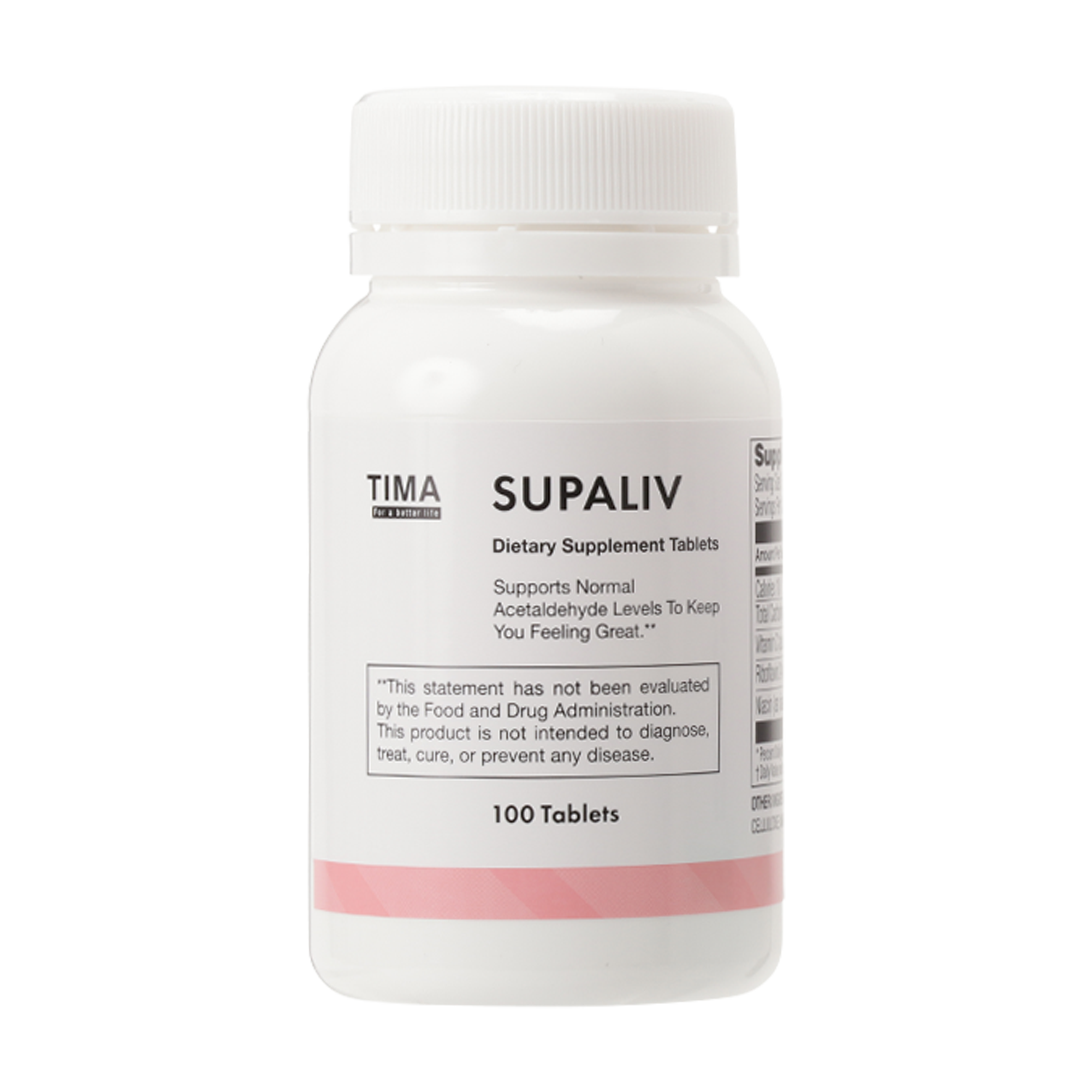Thesis on Oxidative Stress and "chronic obstructive pulmonary disease"
- Paper title
- Oxidants/antioxidants and chronic obstructive pulmonary disease: pathogenesis to therapy.
- Abstract summary
- Increased oxidative stress is a critical feature in the pathogenesis of COPD.
- Authors
- W. MacNee
- Journal
- Novartis Foundation symposium
- Semantic Scholar URL
- https://semanticscholar.org/paper/6ac09bc86a113a8e733644fa70275d6fba731ad1
- Abstract
-
There is now considerable evidence for an increased oxidant burden in smokers, particularly in those smokers who develop chronic obstructive pulmonary disease (COPD), as shown by increased markers of oxidative stress in the airspaces, breath, blood and urine. The presence of increased oxidative stress is a critical feature in the pathogenesis of COPD, since it results in inactivation of antiproteinases, airspace epithelial injury, mucus hypersecretion, increased sequestration of neutrophils in the pulmonary microvasculature, and gene expression of pro-inflammatory mediators. The sources of the increased oxidative stress in patients with COPD derive from the increased burden of oxidants present in cigarette smoke, or from the increased amounts of reactive oxygen species released from leukocytes, both in the airspaces and in the blood. Antioxidant depletion or deficiency in antioxidants also contributes to oxidative stress. The development of airflow limitation is related to dietary deficiency of antioxidants and hence dietary supplementation may be a beneficial therapeutic intervention in this condition. Oxidative stress also has a role in enhancing the airspace inflammation, which occurs in smokers and patients with COPD through the activation of redox-sensitive transcriptions factors such as NF-kappa B and AP-1, which regulate the genes for pro-inflammatory mediators and protective antioxidant gene expression. Antioxidants that have good bioavailability or molecules that have antioxidant enzyme activity are therefore therapies that not only protect against the direct injurious effects of oxidants, but also may fundamentally alter the inflammatory events which have a central role in the pathogenesis of COPD.








